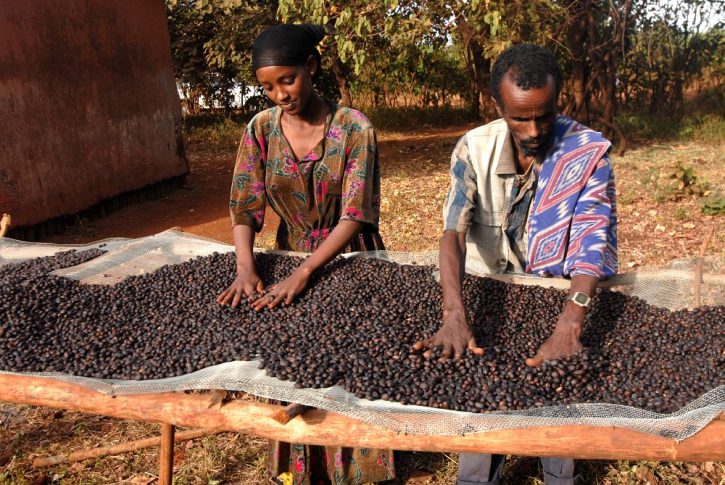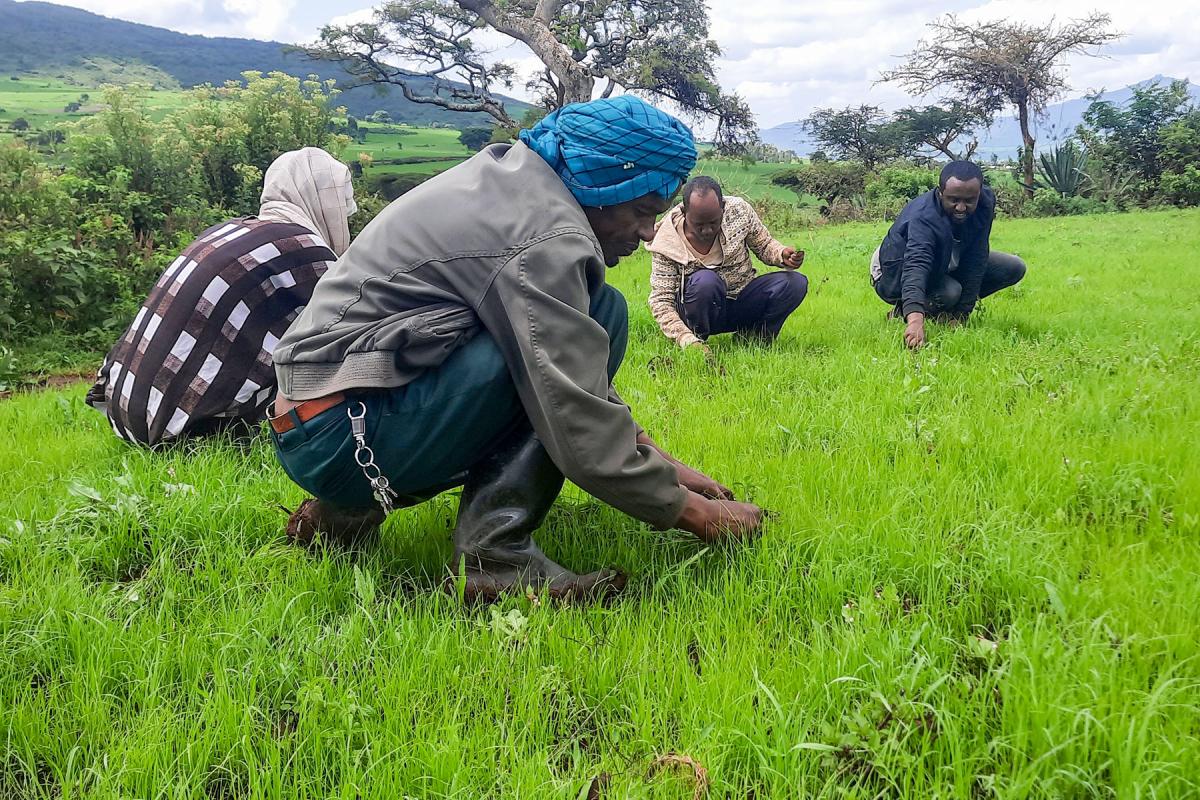In a significant stride toward realizing Ethiopia’s food sovereignty vision, Oromia State is making bold moves to transform its agricultural sector. During the third phase of the Oromia Agricultural Transformation Council Forum held recently in Addis Ababa, regional leaders, policymakers, and agricultural experts gathered to assess progress, address challenges, and chart the way forward. Their message was clear: agricultural innovation, modernization, and coordinated action are pivotal to achieving sustainable food security across Ethiopia.
Building a Foundation for Transformation
Oromia’s agricultural transformation is underpinned by efforts to modernize farming practices, improve water management, and enhance market access for farmers. At the forum, Oromia State Chief Administrator Shimelis Abdisa called for a thorough evaluation of current development strategies to ensure alignment with modern, efficient agricultural models.
Shimelis emphasized the need for a dynamic overhaul of agricultural extension systems, advocating for approaches that are both knowledge- and technology-driven. He pointed out that to boost productivity across the region’s farming clusters, the focus must shift to data-informed practices, improved irrigation systems, and greater mechanization.
The cluster farming initiative—a cornerstone of Oromia’s strategy—was also a key topic. Shimelis urged stakeholders to critically assess the progress of cluster-based agriculture and make decisive adjustments to maximize its effectiveness.
Leadership and Strategic Coordination
Agriculture Minister Girma Amantee (PhD) reinforced the urgency of the mission. While acknowledging Oromia’s leadership in driving agricultural innovation, he also highlighted persistent challenges, especially in the coordinated marketing of agricultural products. Increased production, he said, must be matched with strategic market linkage efforts to ensure that farmers fully benefit from their labor.
Girma stressed that a clear understanding of roles among stakeholders is critical. Only through unified action can Ethiopia hope to realize the vision articulated by the Agricultural Transformation Council: a self-reliant, food-secure nation anchored by strong rural economies.
Under Oromia’s state leadership, several transformative initiatives have taken root:
- Nationwide Wheat Production Campaigns: Expanding domestic wheat output to reduce dependency on imports.
- Environmental Restoration Programs: Strengthening climate resilience through reforestation and land rehabilitation.
- Nutrition-Focused Farming: Shifting the focus toward crops that not only ensure food security but also improve community health outcomes.
- Cluster-Based Agriculture Expansion: Encouraging farmers to pool resources, technology, and knowledge to increase efficiency and output.
- Expanded Irrigation Projects: Reducing reliance on unpredictable rainfall and enabling year-round agricultural production.
These initiatives exemplify how political will, community engagement, and strategic coordination can dramatically reshape the agricultural landscape.


A Model for National Replication
Adisu Arega, Oromia’s Rural Development Cluster Coordinator, praised the council’s vital role in steering strategic agricultural reforms. He emphasized that continuous gap analysis, solution-driven leadership, and a commitment to innovation are essential to unlocking Ethiopia’s agricultural potential.
The forum concluded with a resounding call for innovation, collaboration, and long-term strategic planning. Oromia’s comprehensive approach is now viewed as a promising model not only for other Ethiopian states but for the broader African context where food sovereignty remains a central goal.
The Road Ahead
As Ethiopia strives toward achieving self-sufficiency in food production and broader rural development goals, Oromia’s agricultural transformation offers a blueprint for success. The lessons emerging from this vibrant state affirm that with visionary leadership, integrated efforts, and grassroots participation, Ethiopia’s aspiration for national food sovereignty is well within reach.
Oromia’s journey is a testament to the transformative power of strategic investment in rural development—proving that agriculture remains the bedrock of economic empowerment, national resilience, and sustainable development.